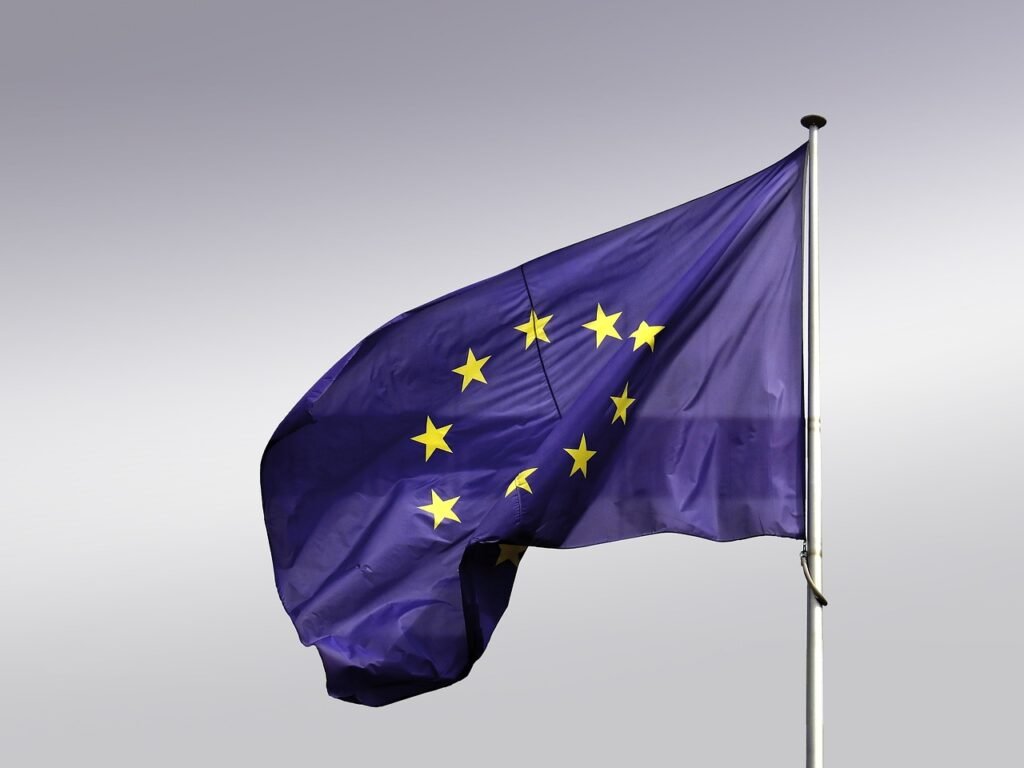
Loot boxes in video games have sparked debate in the gaming community and are a concern for EU authorities and consumer protection organizations. Loot boxes are digital packages that can be purchased for random in-game items, potentially resembling gambling mechanics. Despite scrutiny, loot boxes continue to be a profitable industry, generating billions of dollars in revenue. This article will delve into the latest updates on EU regulations surrounding loot boxes.
The United Kingdom Promotes the Enhancement of Self-Regulation Within the Industry
In July 2022, the UK Government finally released its response to the loot box consultation, revealing evidence that suggests a connection between loot box purchases and harmful effects, particularly problem gambling. While research has not definitively proven a causal relationship, the Government is calling for improved safeguards for children, young people, and adults, as well as more extensive research into the impact of video games. The Government believes that loot boxes should not be available to children without parental consent, and all players should have access to spending controls and transparent information. The Government considered various responses, including industry-led protections, changes to the Gambling Act 2005, and strengthening consumer protection measures, but ultimately decided not to classify loot boxes as gambling due to their lack of real-world value. The response praised progress in industry-led protections but emphasized the need for further action to reduce the potential harm of loot boxes for players.
Spain and Finland – Taking Action with Legislation on Regulation of Loot Boxes
Both countries have put forward legislation to oversee the use of loot boxes.
The Spanish Ministry of Consumer Affairs released a preliminary bill on July 1, 2022, which aims to regulate loot boxes as part of a broader consultation. The bill emphasizes the need to shield minors from addictive behaviors.
Among other things, the proposed measures include:
1. Banning minors from accessing or using loot boxes
2. Giving players the right to access information on costs and parent controls
3. Requiring game developers to incorporate a “self-exclusion mechanism” similar to those found in traditional gambling, allowing users to voluntarily suspend themselves from using loot boxes for a set period (ranging from 3 months to 5 years)
Finnish Parliament members have also presented a bill to categorize loot boxes as a form of gambling in Finland, marking the country’s first attempt to regulate loot boxes.
The new bill seeks to revise local gambling laws to cover “virtually usable rewards,” ensuring that prizes of virtual (non-monetary) value are subject to gambling regulations.
This development will be closely monitored, especially within the gaming industry which includes major companies like Supercell (known for Clash of Clans and Brawl Stars) and Rovio (known for Angry Birds) that are based in Finland. Supercell has already shifted away from loot box mechanics in Brawl Stars, opting for a new progressive reward system for unlocking content.
The German age rating board, known as USK, has expanded their evaluation criteria to include loot boxes, in-game purchases, and online chat as potential risks in video games. These new guidelines came into effect on January 1, 2023. While loot boxes may not directly affect the age rating, they will now be disclosed to consumers along with information about online transactions and chat features.
Germany’s USK Rating System – The Growing importance of Casinos Ohne Oasis
The “Oasis” system has been introduced to address concerns about in-game purchases and online risks, especially for young players in Germany. This system imposes restrictions on games with gambling-like elements to protect players from excessive spending and potential harm. As a result, many gamblers are looking for casinos ohne Oasis or casinos without the Oasis protection program for what they see as more favorable alternatives to the current regulations. This obviously comes at slight personal risk and a greater exposure to potential problem gambling habits.
By incorporating loot boxes, in-game purchases, and online chat as evaluation criteria, USK is taking proactive measures to educate consumers and safeguard players. This move reflects Germany’s commitment to consumer protection and highlights the global concern surrounding the impact of in-game purchases on players.
The “Oasis” program underscores the importance of player well-being and ethical game design in the gaming industry. By promoting transparency and responsible gaming practices, this system encourages developers to prioritize player safety in their game development process, something casino ohne Oasis cannot offer.
As the gaming industry progresses, collaboration between regulators, developers, and players is crucial to creating a secure and enjoyable gaming environment. The actions taken by USK and the introduction of the Oasis system to avoid online casinos ohne Oasis in Germany mark positive steps towards protecting players from the potential risks associated with in-game purchases and online transactions. Ultmately it up to the German courts to see if lootbox purchases trigger the same urges and risks as gambling at a casino ohne Oasis.
Austria – Loot boxes Subject to Gambling Laws in the Court’s Ruling
Despite well-established local gambling laws in EU jurisdictions, which typically do not recognize modern reward mechanisms like loot boxes, there is still a possibility for their application. The interpretation of these laws can be broad, leaving room for some risk. Sony experienced this in Austria when FIFA players sued them over Ultimate Team’s card packs sold on the PlayStation Store. In February 2023, a district court ruled that these card packs constituted gambling and would require licensing. The court’s reasoning was that players could profit from selling the cards, implying that they had financial value. This decision is not final, so there may be further developments in the case.
Loot Boxes in Poland are not Covered by the Gambling Law Act
The Polish Gambling Law Act does not consider randomized reward systems in interactive entertainment as falling under its jurisdiction, as virtual items obtained through loot boxes do not involve the exchange of actual cash or material prizes. Since these virtual items cannot be traded outside of the game for real money, they do not meet the criteria of a material prize as defined by the Act.
However, there are concerns regarding the Act’s classification of starting another game or extending gameplay as a material prize, even if no traditional cash or material rewards are obtained. The Act also allows for the possibility of classifying games as machine games if they involve an element of chance and are organized for commercial purposes, even if no cash prizes are involved. The strict interpretation of vague terms in the Act by the judiciary has also raised concerns, particularly in cases involving traditional machine games or promotional lotteries.
Despite these issues, the Polish Ministry of Finance stated in 2019 that loot boxes should not be classified as games of chance under the Gambling Law Act, as the presence of an element of chance alone does not constitute gambling. If the regulator were to change its stance and classify loot boxes as gambling, this could lead to practical difficulties in offering them online or in person, such as requiring permits and approvals for organizing them. Violating these regulations could result in fines, criminal liability, and potentially having the website offering such games blocked by telecommunication providers.
Conclusion
In conclusion, the controversy surrounding loot boxes in video games shows no signs of slowing down. As EU authorities and consumer protection organizations continue to explore ways to regulate this lucrative industry, gamers and game developers alike must consider the ethical implications of incorporating loot boxes into their games. One thing is clear: transparency and consumer protection should be at the forefront of any regulatory measures put in place to ensure a fair and enjoyable gaming experience for all.



